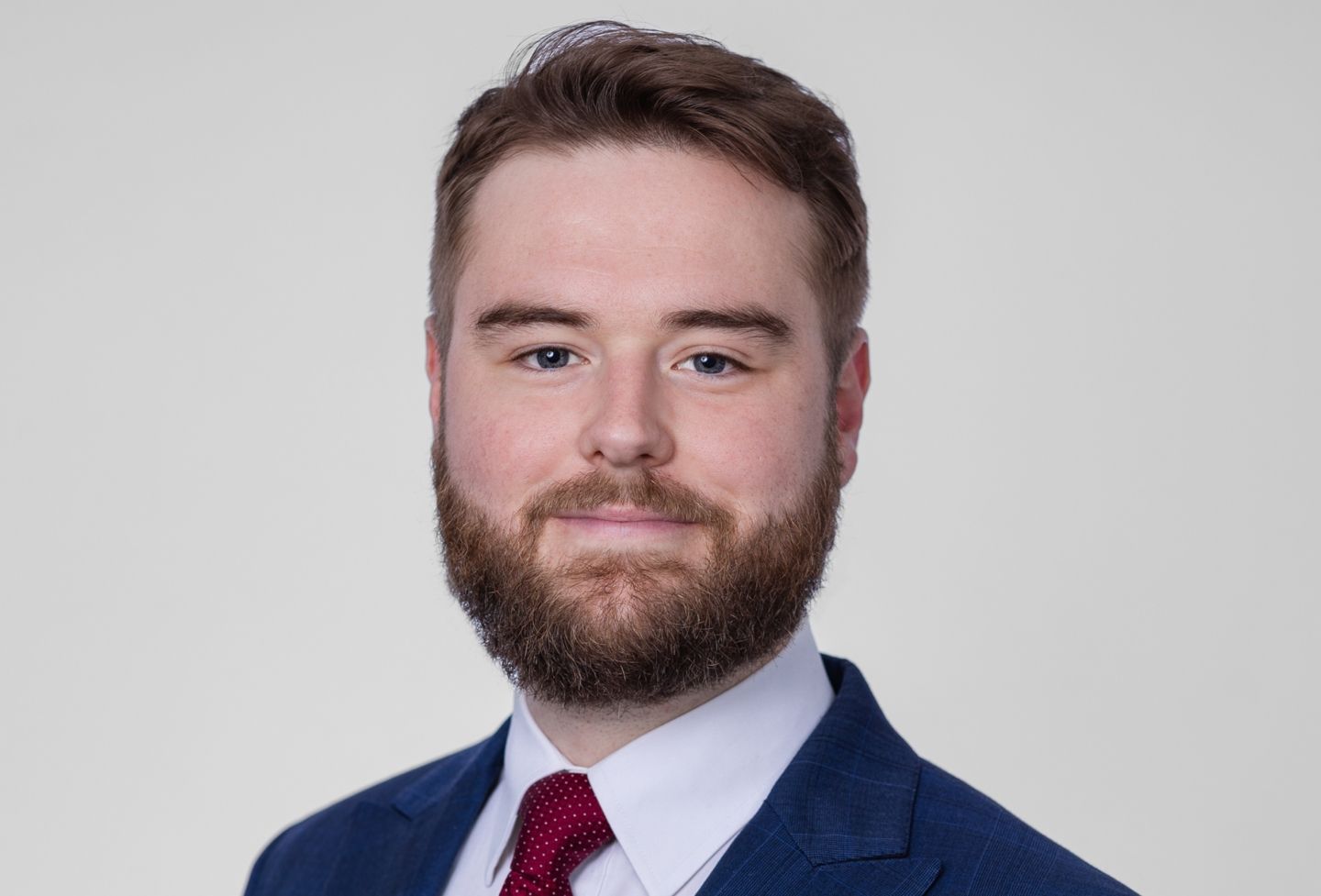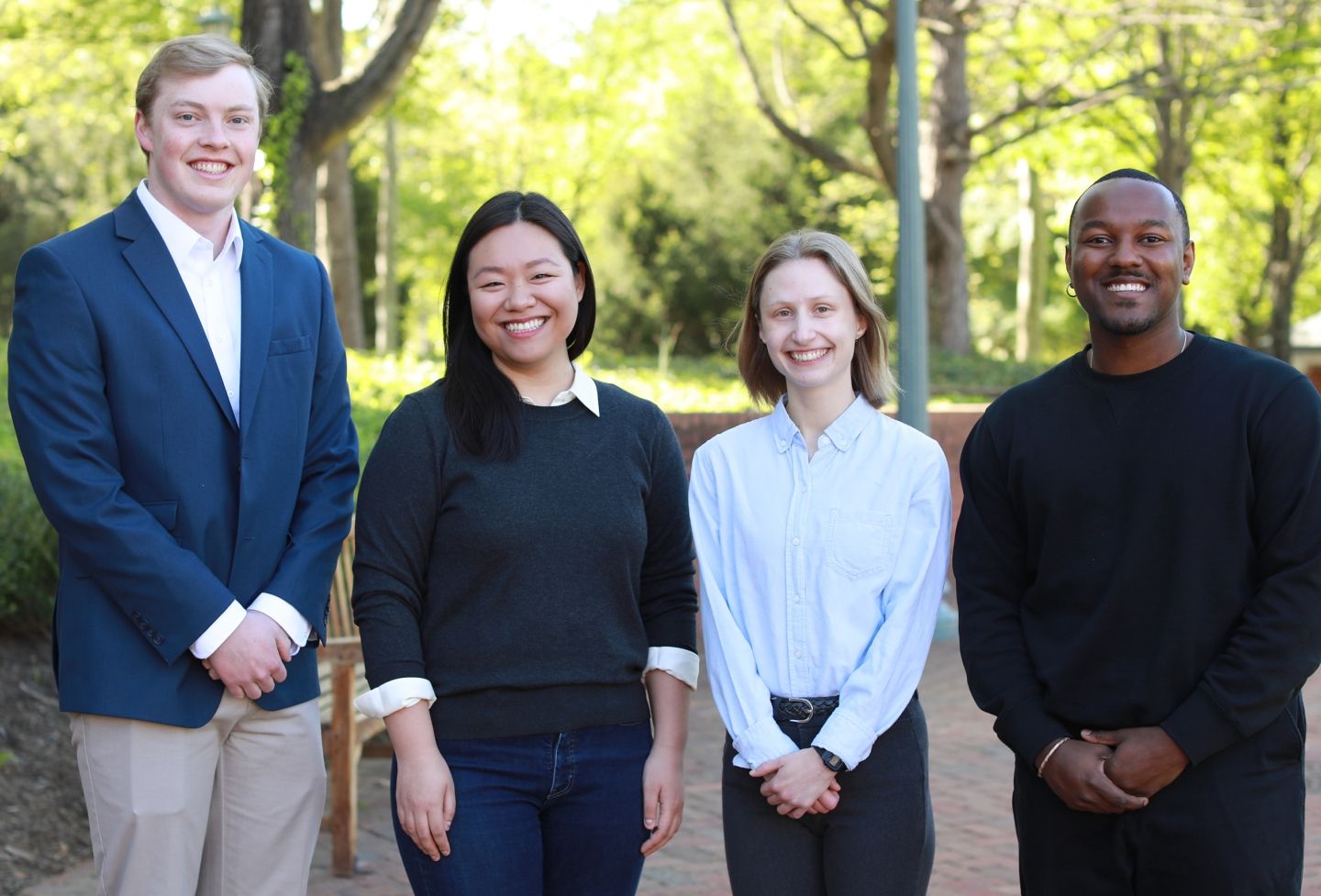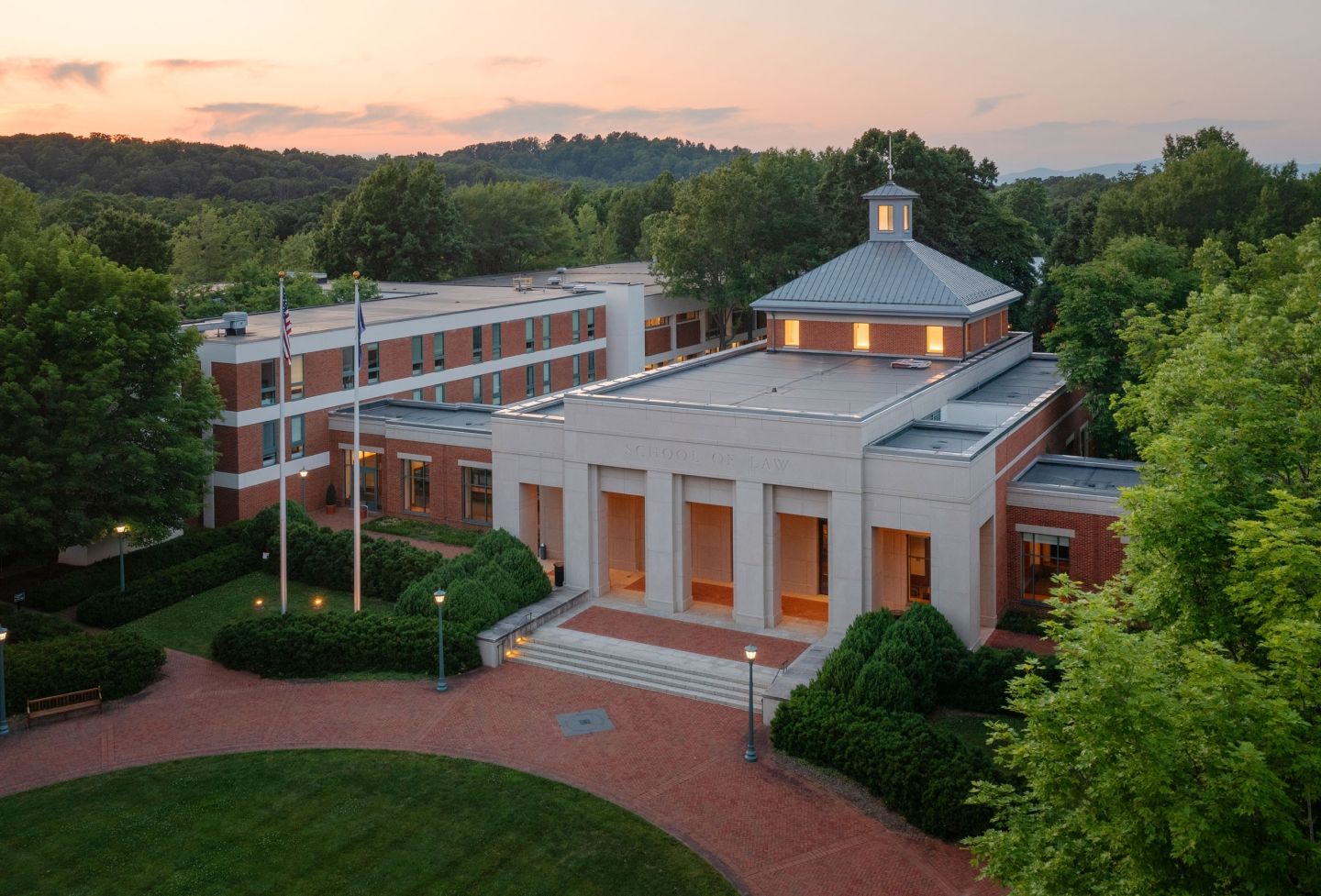After traveling 33 hours by plane, car and boat, second-year law student Guillermo Jover-Cataldi arrived in a rural Cambodian district and finally met the people he was hoping to help.
The villagers there “depend on the forest for everything — for food, for wood, for product to sell at market,” Jover-Cataldi said.
After hundreds of years without a formal system of land distribution, and with new rules seemingly advantaging the Cambodian elite, some villages are losing out to corporations or others with power. One village recently lost their land to a sugar refinery.
“Everything they depended on for income — which was watermelons and pineapples and other crops — was completely taken away,” Jover-Cataldi said. “They were really having a rough time. We could see the sugar refinery being built right behind them.”
Jover-Cataldi and seven other students spent three weeks in Cambodia this January as Human Rights Study Project Cowan Fellows, a program designed to promote awareness of legal issues surrounding human rights in foreign countries.
The Cowan Fellows will present their findings on a range of human rights issues in Cambodia today at 3:30 p.m. in Caplin Pavilion.
Now in its seventh year, HRSP has developed a long resume of experience, with former members traveling to Cuba, China, Sierra Leone, Syria and Lebanon, India and Uganda. Fellows choose where they travel each year, and organize and research their own trip. The final results of their work are compiled into a paper that may be submitted for publication. Many of the project’s expenses are covered by the fellows’ own fund-raising efforts.
Cambodia — a country still putting itself back together after the deadly Khmer Rouge regime killed more than a million people and displaced many more in the 1970s — offered the students many human rights issues to explore.
“We knew there’d be a wide range of topics to study, just because there’s a really extraordinary NGO culture,” said third-year law student Robin Freeman. “It’s really well put-together for the kind of trip we were on.”
After Vietnam invaded Cambodia in 1978 to stop Khmer Rouge incursions into its own territory and to halt the genocide, an eventual peace settlement was reached in 1991. But the effects of the genocide, which in part targeted ethnic minorities and professionals like doctors and lawyers, are still being felt. A huge influx of nongovernmental organizations is helping the country tackle many of its social problems.
Despite issues such as widespread corruption, students also found Cambodia’s energy exciting, with bustling traffic, beautiful historic landmarks like Angkor Wat, and courteous, outgoing citizens who remain hopeful about their future.
“No matter how far away a place can be, we always have similar problems and similar issues,” said Jover-Cataldi. “You’re still trying to make a living, a decent living, and give your kids something better than you had.
“Sometimes the news and numbers aren’t in their favor, but you can tell from their stories and their goals that they’re still looking forward.”
- Kathleen Doherty: Indigenous Education Gets Help from NGOs
- Robin Freeman: Cambodia’s Disabled May Soon Be Protected by Law, If in Name Only
- Kathleen Ho: More Measuring Needed to Determine Microfinancing’s Societal Success
- Guillermo Jover-Cataldi: With New Law, Land Rights Issues Present Complex Picture
- Dana Jupiter: Blurry Lines in Monitoring Sex Trafficking
- Pamela McElroy: Access to Citizenship Tough for Vietnamese Residents
- Gabriel Walters: Khmer Rouge Tribunal May Not Offer Justice for All
- Zach Williams: Criminal Defendants’ Right to Counsel Hurt by Lack of Lawyers
Founded in 1819, the University of Virginia School of Law is the second-oldest continuously operating law school in the nation. Consistently ranked among the top law schools, Virginia is a world-renowned training ground for distinguished lawyers and public servants, instilling in them a commitment to leadership, integrity and community service.


